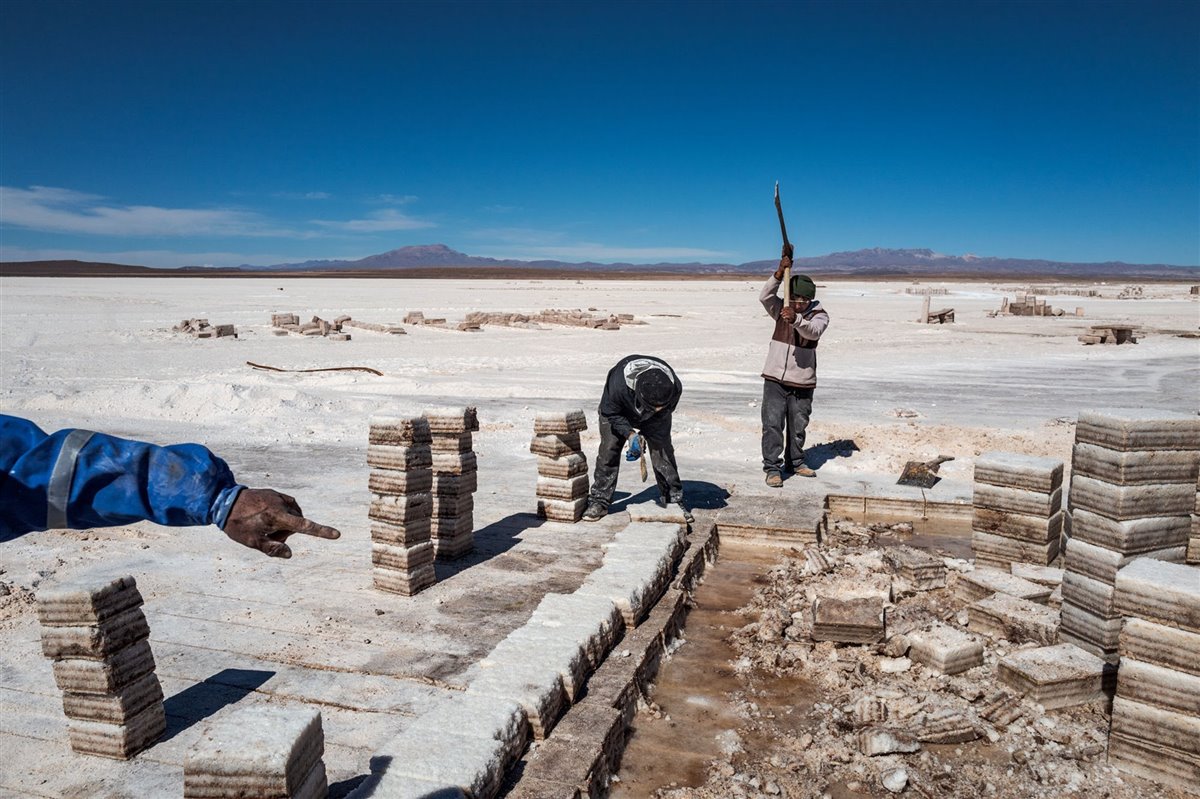RIO DE JANEIRO, BRAZIL – Bolivia received in the first six months of this year some US$11.6 million from its lithium production, which is a record compared to previous years, informed this Thursday the executive president of the state-owned Yacimientos de Litio Bolivianos (YLB), Marcelo Gonzales.
In a press conference in La Paz, Gonzales explained that 6,000 tons of lithium carbonate and potassium chloride have been produced and sold in the first half of the year and that the goal is to “double” this amount to capture some $23 million this year.
Read also: Check out our coverage on lithium in Latin America
The increase in yield is complemented by the improvement in quality, since “it has been possible to produce almost 64% of potassium chloride in standard grade”, which is the best quality, something that makes it possible to sell “at a better price”, explained the official.
The president of YLB also detailed that the state-owned company had started the management with “quite a few difficulties” in the economic, technical, and productive area, with effects on the volume of production and quality. For that reason, work was carried out at all levels in the first two months of the year to resume production in March.

“At least 600 tons (of lithium carbonate) are projected for this year”, mentioned Gonzales.
The destination of Bolivian production is mainly Brazil, which is “a strong consumer of fertilizers” such as potassium chloride. However, Chile, Argentina, Paraguay, and Peru have also shown interest in this product, he said.
Unlike Chile and Argentina, which are large producers with several years of experience, Bolivia faces the challenge of government intervention: the country’s laws establish that this resource must be exploited by the State.
For Gonzales, the goal is to “triple” production in the following years to achieve the desired sustainability in this project, which, he said, ceased to be a pilot project and became semi-industrial.
Last April, the government launched an international call for interested companies to test Bolivia’s technology for direct extraction of lithium from its salt flats as part of the state’s efforts to reactivate its industrialization projects.
Bolivia has reserves of 21 million tons of lithium, one of the largest in the world, most of it in the Uyuni salt flats in the Andean region of Potosí, and to a lesser extent in the Pastos Grandes deposits, also in Potosí and Coipasa shared between the Bolivian department of Oruro and Chile.

